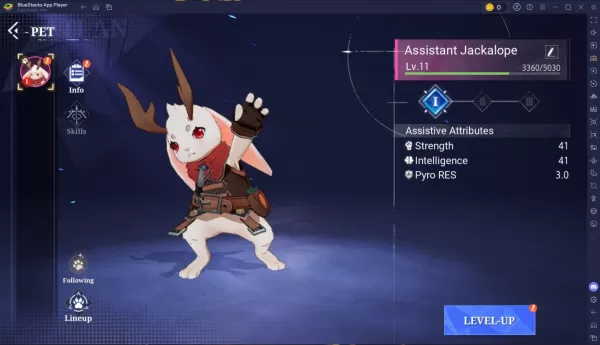The integration of artificial intelligence (AI) in video games is a topic that has been gaining significant attention recently, with notable creators like Yoko Taro from the NieR series expressing apprehension about its implications. In a thought-provoking interview at Famitsu, translated by Automaton, a panel of distinguished Japanese game developers renowned for their narrative prowess shared their insights on the future of game creation. The discussion included Yoko Taro, Kotaro Uchikoshi of Zero Escape and AI: The Somnium Files fame, Kazutaka Kodaka, the mind behind Danganronpa, and Jiro Ishii, known for 428: Shibuya Scramble.
When asked about the trajectory of adventure games, Uchikoshi voiced concerns about the rapid evolution of AI technology. He noted, "There’s a lot of new games I want to create, but with AI technology evolving at such a high speed, I fear that there is a possibility that AI-generated adventure games will become mainstream." However, he emphasized the limitations of current AI, stating that it struggles to produce "outstanding writing" that matches human creativity. Uchikoshi stressed the importance of preserving the "human touch" to differentiate from AI-driven content.
Yoko Taro echoed these concerns, particularly about the potential impact on game creators' employment. He remarked, "I, too, believe that game creators may lose their jobs because of AI. There’s a chance that in 50 years, game creators will be treated like bards." This comparison to bards suggests a future where the role of game creators might be seen as more of a traditional, perhaps less essential, craft.
The panel also explored whether AI could replicate the intricate worlds and narratives of their works. Both Yoko and Ishii acknowledged the possibility, whereas Kodaka argued that AI, while capable of imitating their styles, could not embody the essence of a creator. He likened this to how other writers could mimic David Lynch's style, but Lynch himself could evolve his style in a uniquely authentic way.
Yoko proposed using AI to generate new scenarios, such as alternate routes in adventure games, but Kodaka pointed out that such personalization might dilute the shared experience that games often provide.
The discussion around AI in gaming extends beyond this panel. Major players like Capcom, Activision, and even Nintendo's president Shuntaro Furukawa have weighed in on the potential uses and challenges of AI, including issues related to intellectual property rights. Meanwhile, tech giants like Microsoft and PlayStation are also contributing to the conversation, exploring both the creative possibilities and the ethical considerations of AI in game development.
As the gaming industry continues to evolve, the insights from these creators highlight the complex interplay between technology and artistry, underscoring the need for a balanced approach to integrating AI without compromising the unique human elements that make games so compelling.







